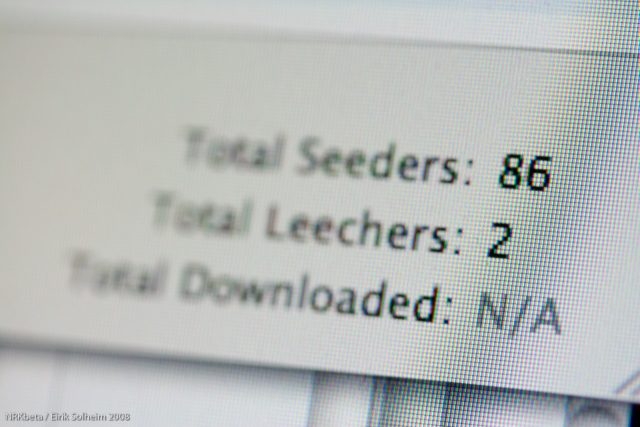
The high court of Paris has ruled that Google and Microsoft do not have to censor their search engines to remove all results involving the world "torrent" used in conjunction with the names of three French musicians.
The French music producers' association "Syndicat national de l’édition phonographique" (SNEP) had sought a court order to force the US companies to remove results for searches pairing the word "torrent" with the artists' names, which they claimed directed users to pirate sites.
As an article on the French site NextInpact explains, the Tribunal de grande instance de Paris refused to grant SNEP's request for Google's search results to be censored because of a legal technicality raised by Google's lawyers. SNEP's request referred to only three artists, and should have been on behalf of its entire membership, the high court ruled.
In the case of SNEP's attempt to censor Bing, Microsoft adopted a different defence. The Parisian court agreed with the US company's lawyers that for it to be granted, SNEP's request "must involve specific and identifiable content." In addition, measures needed to be "proportionate and specific for each site listed," and they must be "accurate and necessary, efficient and useful." In the court's view, these requirements were not met, and the request was therefore refused.
However, as NextInpact notes, the court went considerably further in its ruling on the Microsoft case. It criticised SNEP's attempt to turn the word "torrent" into some kind of badge of dishonour for search results, and noted how legal sites would be adversely affected too:
SNEP's requests are general because they do not concern a specific site, but all sites accessed by the methods cited, without considering the identification or even determination of the site's content, based on the premise that the term "Torrent" is necessarily associated with infringing content, while it is primarily a common noun, which has a meaning in French and English, but also means a neutral communication protocol developed by the company Bittorrent, which provides access to files that can be downloaded lawfully, or corresponds to the names of artists or groups, or is included in site names.
The high court went on to say that "the measures sought are similar to general surveillance measure and could cause the blocking of legitimate sites."
As well as rejecting SNEP's requests, the Tribunal de grande instance de Paris ordered the organisation to pay €10,000 to both Google and Microsoft to cover their costs. Ars has asked SNEP, Google, and Microsoft for their comments on the outcome, but has not yet received replies. This post will be updated with any responses that are received.
Updated @ 6:05am BST, July 22: Patricia Sarrant, SNEP's Directrice de la communication, told Ars in an e-mail: "SNEP were seeking specific, proactive measures designed to ensure people searching for artists' music are not directed to unlicensed BitTorrent sites, that make music available without permission or payment to those who invest in its creation. We are disappointed by the decision of the court not to grant an injunction against search companies Google and Microsoft (Bing). We will continue to seek out opportunities to address this and limit the ways in which pirated material can be accessed online."
reader comments
34